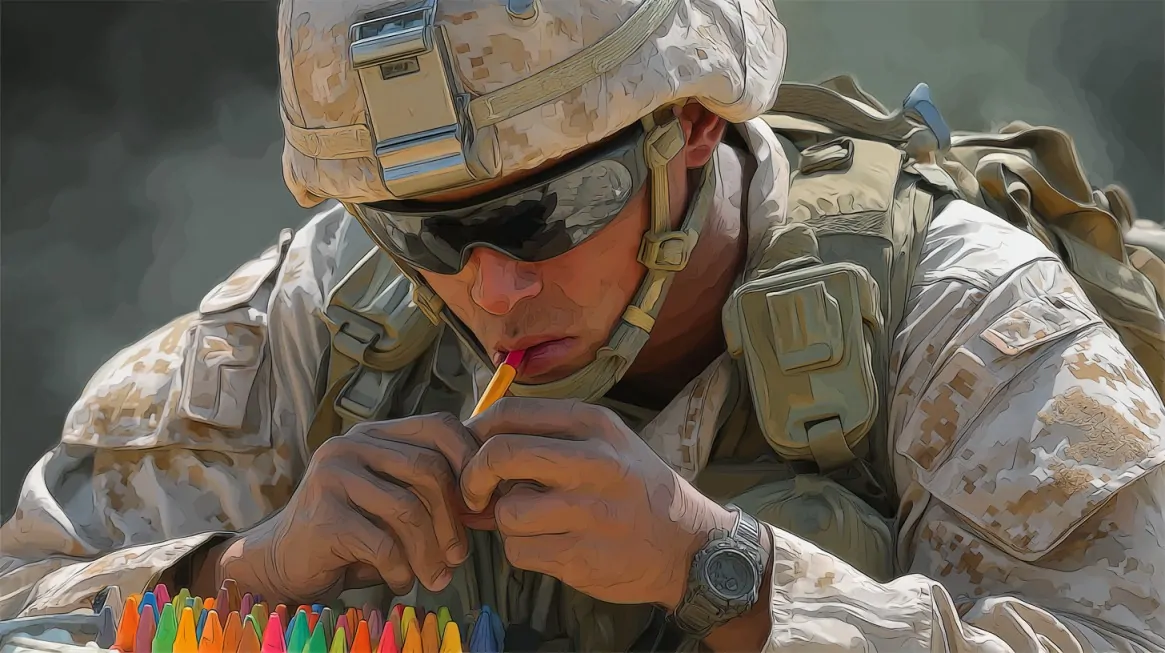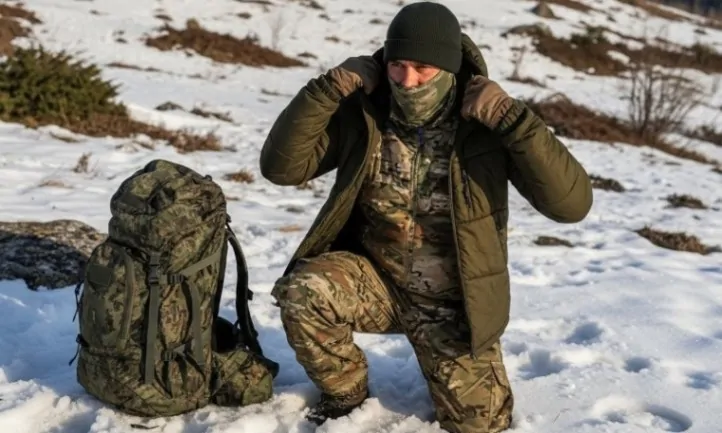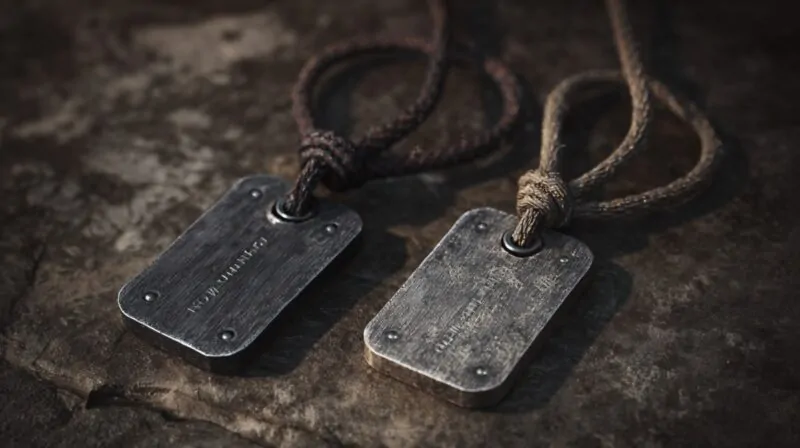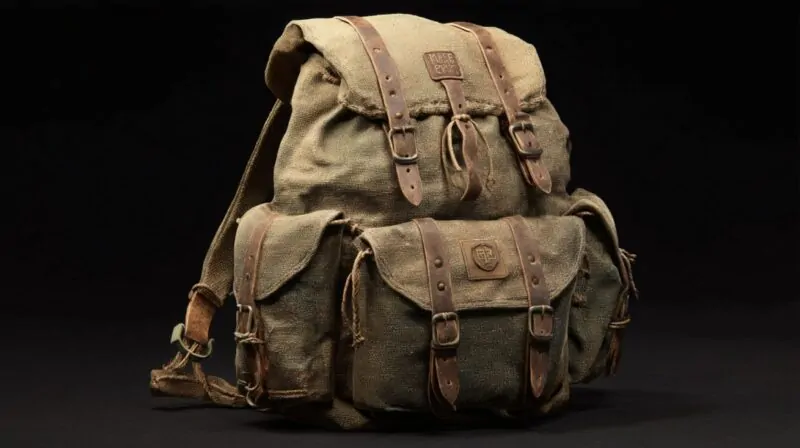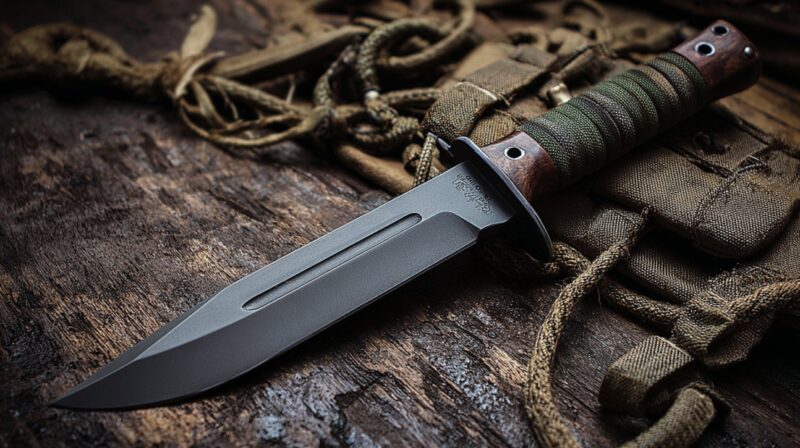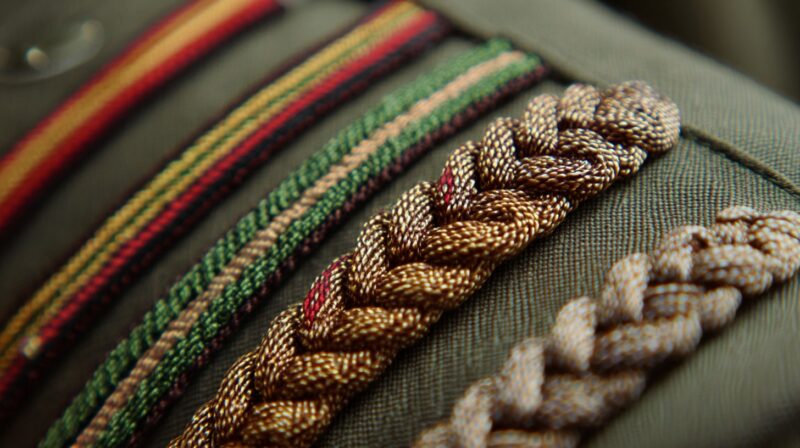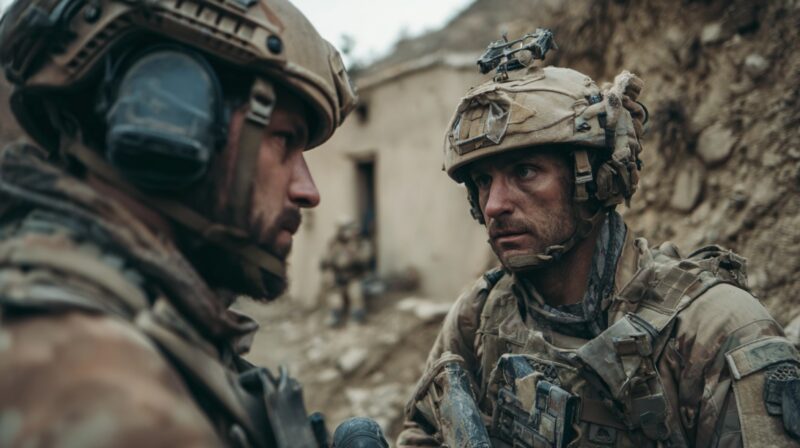Military humor often thrives on absurdity, and few examples capture it as vividly as the “crayon-eating Marine” meme.
The joke circulates across online platforms, satirical videos, and casual banter, painting Marines as soldiers with more muscle than intellect.
What began as playful ridicule among service branches has grown into a recognizable piece of internet culture.
We want to trace where the meme came from, why it persists, and how it reflects the blend of rivalry, pride, and humor within the armed forces.
The Birth of a Meme
@jonbezrouch Answer to @jeanette_winters #military #menes #comedy #army #navy #airforce #semperfi #crayons ♬ Spongebob Tomfoolery – Dante9k Remix – David Snell
Mid-2010s internet forums and social media platforms created fertile ground for humorous content that soldiers and veterans could share.
Amid discussions about service life, jokes began suggesting that Marines had an unusual craving for crayons.
No exact post or individual can be named as the origin point. Instead, it developed naturally through group humor and quick adoption across branches.
Online communities gave the meme momentum. Reddit threads, Facebook groups, and meme pages spread images of Marines with boxes of crayons, sometimes altering MRE packaging to suggest “crayon-flavored meals.”
Veterans amplified the trend by sharing it in comment sections, while active-duty members laughed at and reposted variations of the gag.
@mwf_drew Sharing some Marine Corps Treats with my sister branch🖍️Its true! We love them🤷🏿♂️ #explorepage #marines #army #military #airforce #navy #helicopter #militaryhumor ♬ Fortunate Son – Creedence Clearwater Revival
- No fixed origin: Grew out of collective banter, not a single source.
- Rapid online spread: Fueled by platforms like Reddit, Facebook, and military forums.
- Visual humor: Memes often showed Marines biting into crayons or satirical MRE packages.
- Community-driven growth: Reinforced by active service members and veterans themselves.
Its organic development shows how military humor thrives when many voices add to a shared stereotype.
What began as scattered jokes evolved into one of the most recognizable gags in modern military culture.
The Source of the Stereotype
Every branch of the armed forces has its own stereotype. Marines often get portrayed as physically powerful but not overly intellectual.
That stereotype made “crayon-eating” the perfect symbol, tying toughness to simplicity.
- Reddit humor: “Combat MREs come in crayon flavors.”
- Quora jokes: “Marines must fill out forms with crayons to stay safe.”
- Childlike comparison: Eating crayons linked to behavior associated with kids.
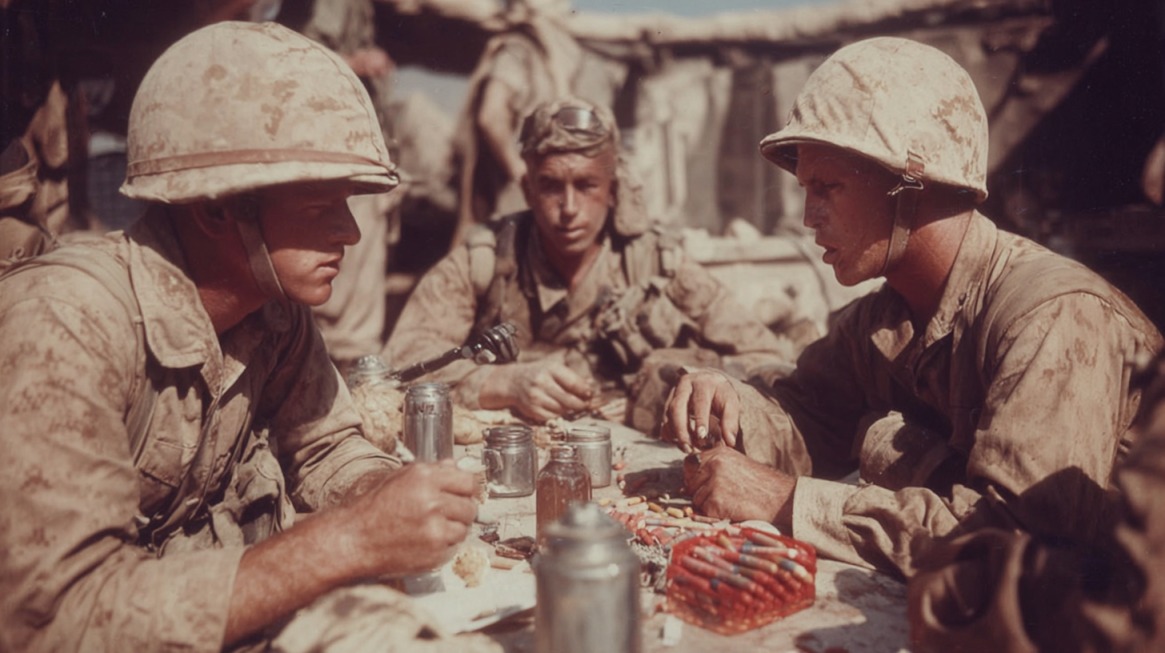
What could appear insulting on the surface often comes across differently within the service. Among soldiers, it is affectionate ribbing rather than a direct attack.
Army personnel, Air Force members, and sailors all carry their own stereotypes, and Marines simply became associated with crayons.
Humor works as a tool to highlight differences without crossing into genuine disrespect.
Marine Corps Culture and Self-Deprecation
Marines rarely reject the crayon stereotype. Instead, they lean into it with enthusiasm, transforming the joke into a proud marker of identity.
Entrepreneurs within the veteran community have even created novelty products such as edible crayons labeled “Crayons Ready-to-Eat.”
Online shops sell mugs, t-shirts, and stickers that celebrate the gag, with many purchased by Marines themselves.
The embrace of self-deprecating humor reflects deeper cultural values. Joking about crayons strengthens bonds within units and helps reduce tension during difficult moments. Humor functions as a coping tool for Marines dealing with stress, deployment, or trauma.
By turning ridicule into comedy, Marines showcase humility and resilience.
- Merchandise: Shirts, mugs, and novelty items featuring crayon humor.
- Food parody: Edible crayons sold online as gag gifts.
- Shared identity: Veterans proudly using the joke as a badge of service.
What could be seen as a slur in civilian life transforms within the Corps into camaraderie. Marines laugh at themselves, reinforcing unity while showing strength in humility.
Civilian vs. Military Reception
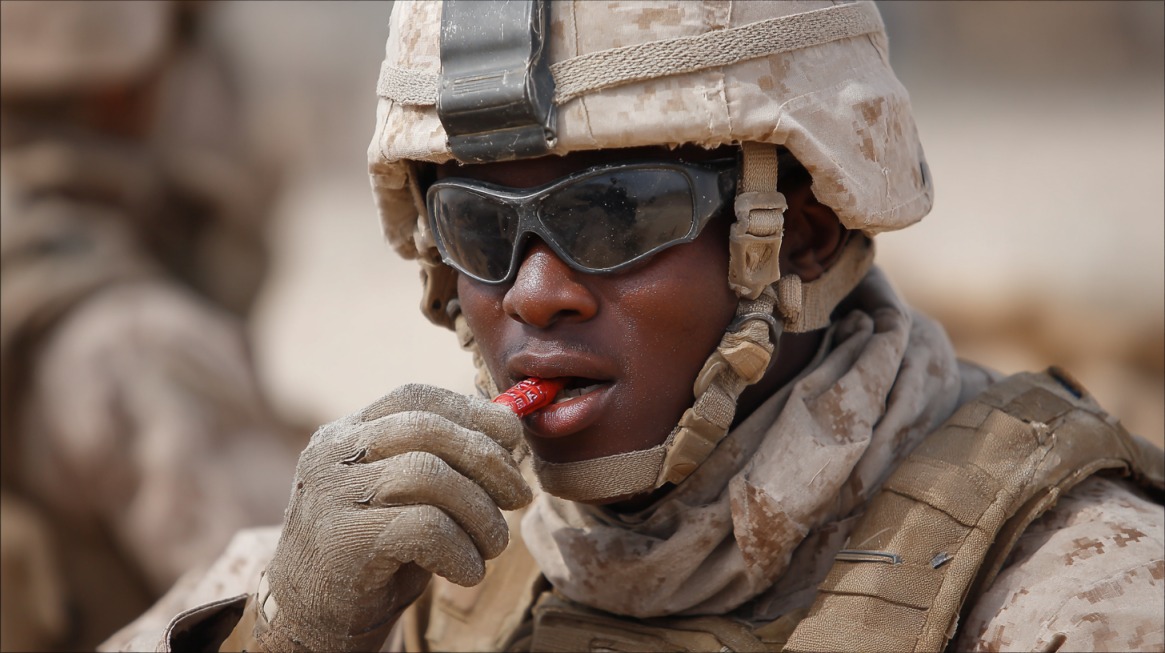
How the crayon-eating joke is interpreted depends on who tells it. Within military ranks, it is an inside joke, rooted in mutual service and respect.
Among civilians, however, it can easily be misunderstood. Outsiders repeating the joke without context may come across as mocking rather than playful.
- Within the military: Accepted as banter, part of the shared culture.
- Among civilians: Potentially offensive if used without respect.
- Respect as a boundary: Marines often judge the intent behind the comment more than the words themselves.
Civilian audiences often reduce the gag to simple ridicule, overlooking the way it builds identity and camaraderie among Marines.
For those who have served, crayons symbolize more than a punchline, they act as shorthand for resilience, toughness, and the humor needed to endure military life.
Summary
Crayon-eating jokes may sound absurd, yet they reveal much about military culture and identity. The meme did not emerge as a single invention but as a natural part of inter-service rivalry, later embraced by Marines themselves as both satire and pride.
At its core, the crayon meme reflects resilience, camaraderie, and the ability to laugh at oneself while carrying the burdens of service.
Marines may not actually eat crayons, but the humor lives on as a cultural symbol of pride, toughness, and brotherhood that transcends its origins as a simple gag.
Related Posts:
- Veterans Eat Free? IHOP Military Discount Guide
- Breaking Down the Difference Between Army and Marines
- 5 Reasons Why Military Recruitment is Struggling in…
- Why the RQ-4 Global Hawk Remains Vital for the U.S. Military
- Why do Immigrants Come to the United States?
- Common Boot Camp Myths - Why You Shouldn't Trust…

